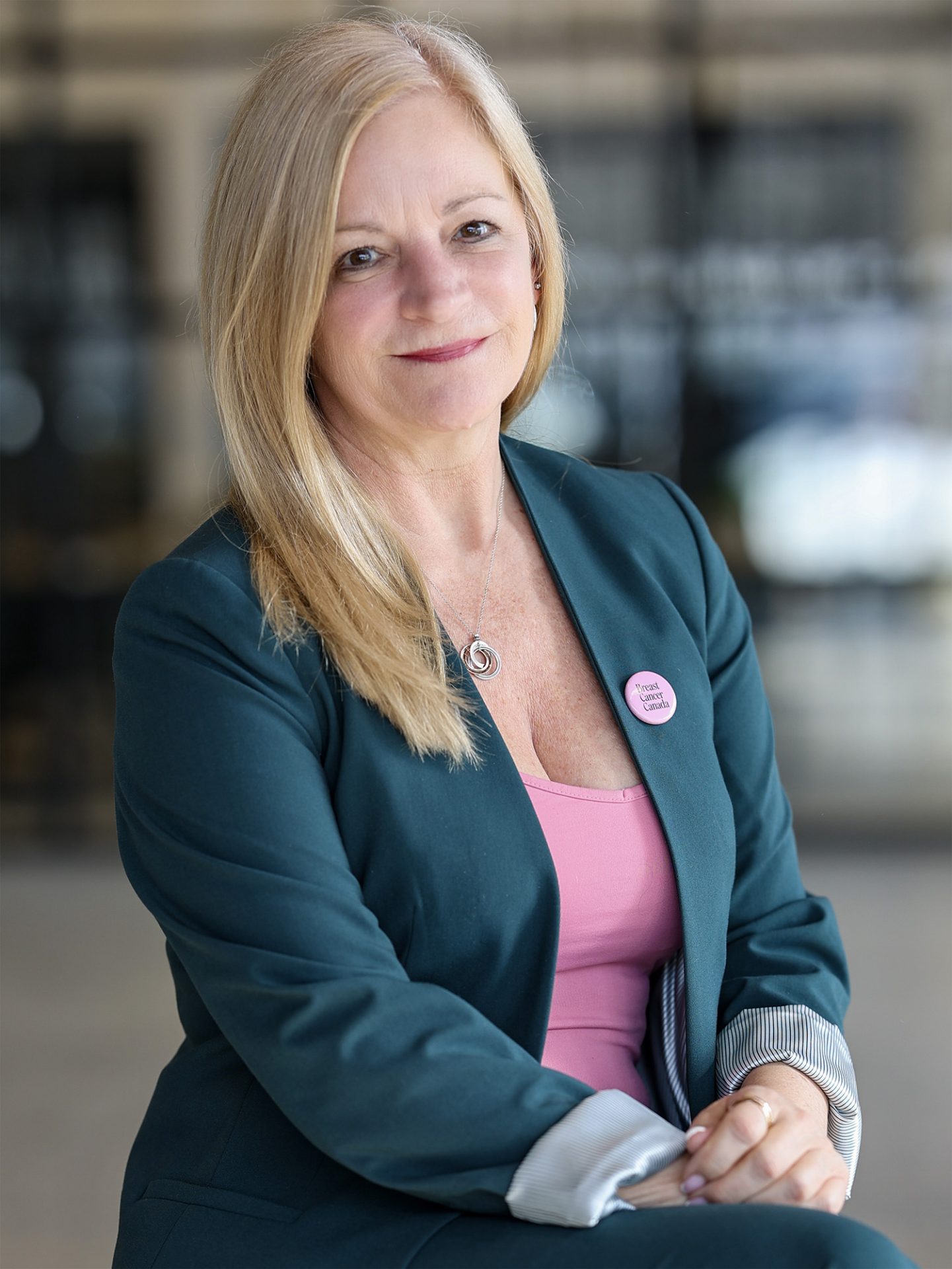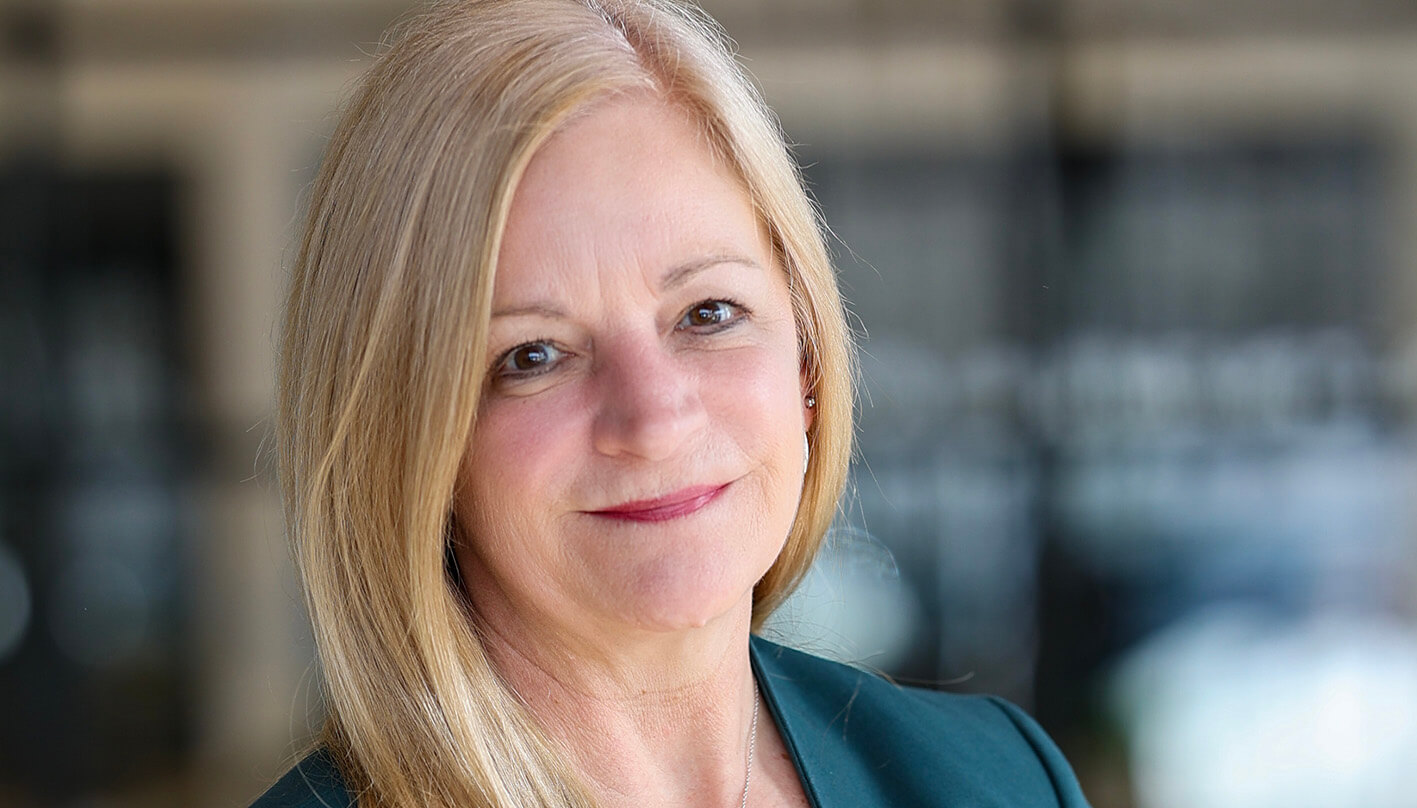The latest candidate in our series of Q&As with influential women in the technology business in Canada is Kimberly Carson, CEO, Breast Cancer Canada (BCC), a registered charity that funds patient-focused research to advance the diagnosis and treatment of breast cancer.
Name: Kimberly Carson
Job Title & Company: CEO, Breast Cancer Canada
Years in the Industry: 25+ Years in the non-profit space.
The Quote That Most Inspires You: “Conformity is the jailer of freedom, and the enemy of growth.” (- JF Kennedy)
What drew you to a career in the consumer and/or business technology industry?
I’ve come to the technology sector in a rather unconventional way. My career has always been in the non-governmental organizations (NGO) space, but it was only when I joined Breast Cancer Canada (formerly Breast Cancer Society of Canada) eight years ago that my role took on a technology lens.
While technology impacts every sector, Artificial Intelligence (AI) is driving the future advancements in breast cancer research and Breast Cancer Canada is proud to take a leadership role in funding innovative, AI-driven projects through our grants program.
Have you encountered any roadblocks along the way that were related to your gender?
The roadblocks I’ve encountered have had less to do with my gender and more to do with differences of opinion on if and how the healthcare sector should be using technology. There seems to be a tension between embracing new technologies and maintaining existing models and systems.
What unique characteristics or perspective do you feel you bring to your organization as a woman?
As a woman, I bring compassion, empathy, and strong gut intuition to our team. I also bring the perspective that technology can change the healthcare industry for the better. Technology can produce improved, faster, and more accurate diagnosis and treatment without human error.
Technology is historically a male-dominated industry, yet the use of tech is fully embraced by women, and many studies even suggest that females are the primary buyers of tech in the home. What do you feel the technology industry needs to attract more women, particularly into high-level positions?
It seems to me that there needs to be a greater openness to different styles of leadership. Just like breast cancer treatment, leadership is not a one-size-fits-all. Women are often overlooked for leadership positions because they’re seen as too ‘emotional,’ but as I mentioned before, compassion, empathy and strong gut intuition are ‘emotional’ qualities that make me a strong leader.

If you had to sum up what it is like being a woman in this male-dominated technology industry in just a few words, what would you say?
I would sum it up in my advice to women finding their footing in the industry. Never change who you are; simply speak up a little louder and do it with conviction.
Are there women in the tech industry who inspire you?
I am continuously inspired by the many female researchers who are using technology like AI to advance the detection and treatment of breast cancer. Dr. Paola Marignani, a Professor at Dalhousie University in the Faculty of Medicine, Department of Biochemistry and Molecular Biology, is a great example. She is currently leading an AI-focused research project with the goal of preventing the recurrence of breast cancer. I’m very proud that Breast Cancer Canada is able to support through funding this female-led research.
What are some of the misconceptions/myths about women working in the technology space that you’d like to dispel?
In terms of health research, women bring such an important perspective. Men often don’t factor in and account for women’s health factors such as hormone control or menopause. Women are able to bring their own lived experience to reduce bias in research and in the data informing AI.
A myth I’d like to dispel is actually about technology in the healthcare space. There is resistance from many researchers who don’t think AI can benefit the industry, but I think this perspective is a hindrance to innovation, especially in precision oncology.
What’s one thing you wish was done differently in the industry, and why?
My wish would be for researchers to have more ability to share their data among hospitals, universities, et cetera. In the healthcare industry, data tends to be siloed from one organization to another, which hinders progress. This is an opportunity for NGOs to leverage our role in funding research to facilitate knowledge sharing through publishing new data.
A great example of the power of open data sharing is with the COVID-19 pandemic. With all the typical barriers removed, we saw how quickly research and innovation was able to progress and move forward in finding a vaccine.
Are you optimistic for the future in general and for the industry?
Absolutely. Embracing technology in research will lead to a brighter future for the thousands of Canadians affected by breast cancer, both patients and their families.









